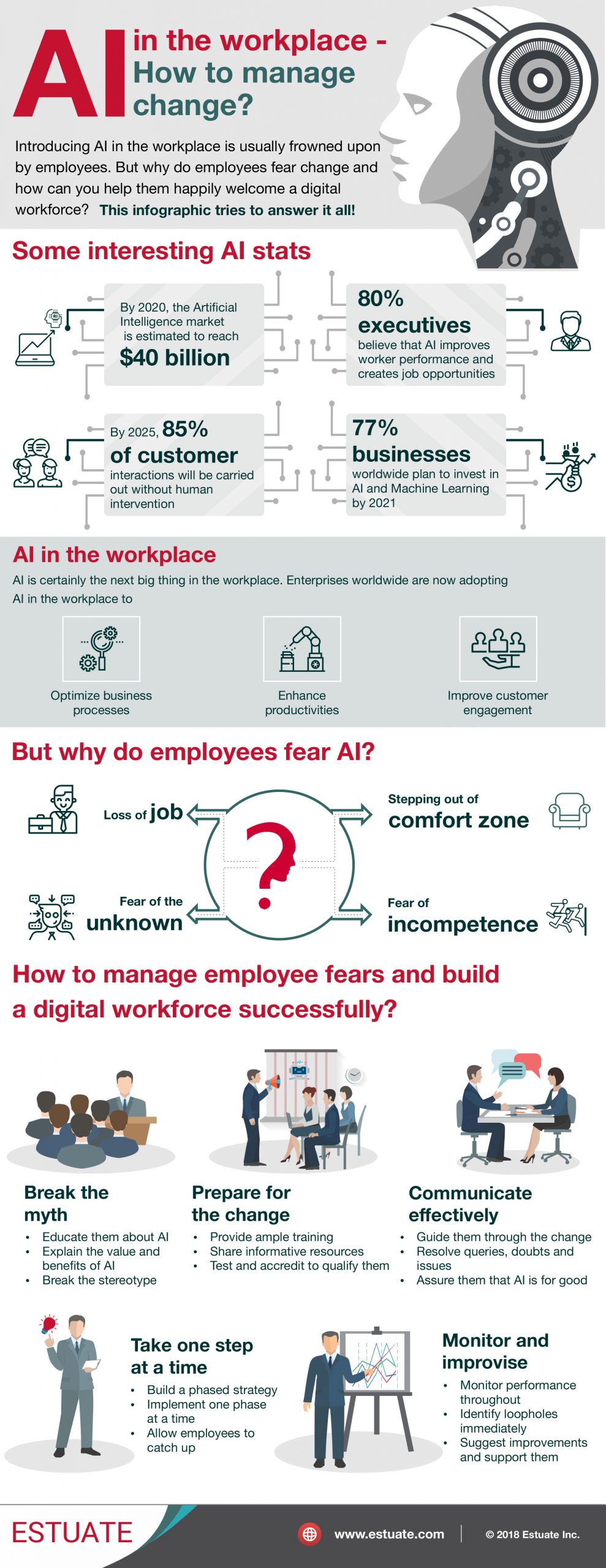The Elusive Age of Leisure in the AI Era
AI and automation promise leisure, but economic and cultural barriers suggest otherwise. Explore the realities of work in the AI era.

The Elusive Age of Leisure in the AI Era
As artificial intelligence and automation reshape global economies, a recurring question emerges: Are we on the cusp of an “age of leisure,” where technology liberates humans from drudgery and ushers in unprecedented free time? Despite the hype, a growing chorus of economists, technologists, and policymakers warns that such a future is far from guaranteed—and may, in fact, be receding even as AI capabilities advance.
The Promise and the Reality
The notion of a leisure-filled future is not new. Since the Industrial Revolution, each wave of technological progress has sparked predictions that machines would shoulder the burden of work, freeing humans for creative and leisurely pursuits. Today, with AI systems automating tasks from customer service to medical diagnostics, the dream seems within reach. Yet, as noted by the Financial Times and other analysts, the reality is more complex.
Key indicators suggest that, rather than ushering in an era of leisure, the AI revolution is exacerbating existing inequalities and intensifying competition in the labor market. While some highly skilled workers benefit from productivity gains, many others face job displacement, wage stagnation, or the need to constantly reskill. The IMF and the Bank of England have both raised alarms about the potential for financial bubbles around AI, cautioning that unchecked enthusiasm could lead to economic instability if productivity gains fail to materialize as hoped.
The Labor Market Paradox
- Automation and Job Displacement: AI and robotics are eliminating routine jobs at an accelerating pace, yet new roles often require advanced technical skills, leaving many workers behind.
- The “Always-On” Culture: Far from reducing working hours, digital connectivity has blurred the boundaries between work and leisure, with remote work and gig economy platforms encouraging round-the-clock availability.
- Economic Pressures: Stagnant wages in many sectors, coupled with rising costs of living, compel workers to take on multiple jobs or longer hours, undermining the prospect of increased leisure time.
The Global Perspective
Globally, the picture is uneven. In some Northern European countries, policies such as shorter workweeks and generous parental leave point toward a greater emphasis on leisure. However, in the United States and much of Asia, average working hours remain high, and the cultural emphasis on productivity persists. Even in sectors where AI has made significant inroads—such as finance, where algorithmic trading and AI-driven hedge funds like Leopold Aschenbrenner’s $1.5 billion operation are making headlines—the focus remains on maximizing returns rather than redistributing leisure.
The Role of Policy and Culture
Without deliberate policy intervention, the benefits of AI are likely to accrue disproportionately to capital owners and highly skilled workers. Proposals such as universal basic income, reduced workweeks, and stronger labor protections could help redistribute gains and create space for leisure. Yet, these remain politically contentious and are far from widespread adoption.
Cultural attitudes also play a critical role. In societies that equate self-worth with productivity, the idea of leisure can be stigmatized. The “hustle culture” celebrated in Silicon Valley and beyond often glorifies overwork, even as technology promises to make life easier.
The Technological Wild Card
Advocates for a leisure-rich future point to the potential of artificial general intelligence (AGI)—AI systems as capable as humans across a broad range of tasks. If AGI becomes a reality, it could theoretically automate nearly all forms of labor, forcing a fundamental rethink of work, income, and leisure. However, most experts agree that AGI remains speculative, with timelines ranging from decades to never. In the meantime, incremental advances in AI are more likely to reshape rather than eliminate work.
Context and Implications
The debate over leisure in the age of AI is not merely academic. It has profound implications for mental health, social cohesion, and economic policy. Rising rates of burnout and stress-related illness suggest that, for many, the promised age of leisure is slipping further away. At the same time, the environmental costs of perpetual growth and consumption call into question whether more leisure—if achieved—would be sustainable.
In summary, while technology has the potential to reduce the necessity of human labor, structural, cultural, and economic barriers mean that an age of leisure is far from inevitable. Without significant changes in policy, corporate behavior, and social values, the future may look less like a utopia of free time and more like a heightened version of today’s pressures—with technology amplifying both opportunities and inequalities.



